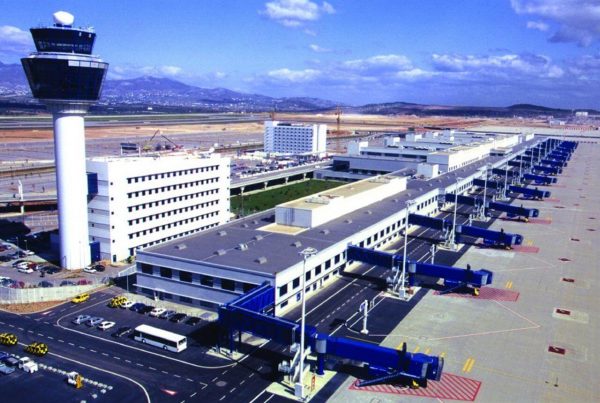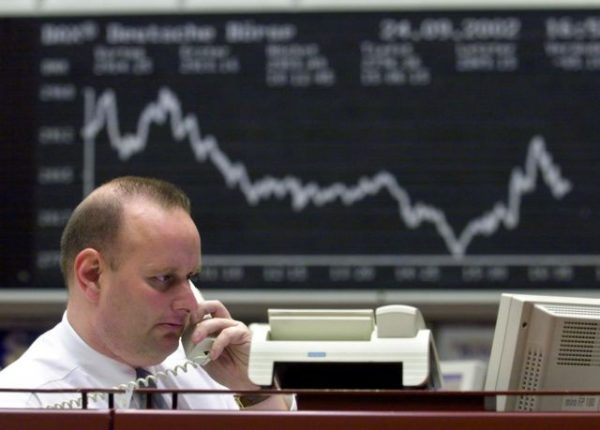
The modern world economy is becoming more and more complex and in recent years there has been a systematic attempt to quantify qualitative concepts, such as the concept of economic globalization, in order to understand the interactions in the world economy.
This process has led to the emergence of the field of study of the political economy of the measurement and evaluation of states in order to draw conclusions with greater scientific accuracy.
The indicators analyzed in the above-mentioned field of study attempt to record a wide range of economic and political aspects of states that shape their prospects and position in the world economy. The study of indicators highlights whether they can have a predictive utility or, above all, an interpretive capacity in relation to certain events in the global political economy.
For this reason, in the context of this brief analysis, the Foreign Direct Investment Regulatory Restrictiveness Index (FDI RRI) is studied since Foreign Direct Investment is a key factor for the economic growth of nations. The Regulatory Restriction Index is published by the Organization for Economic Co-operation and Development (OECD). This index measures the restrictions on Foreign Direct Investment for 22 sectors in a sample of 69 countries. The study of the Regulatory Restriction Index includes all OECD and G20 countries.
As a result of the growing importance of Foreign Direct Investment, the OECD is trying to understand the barriers that exist.
The limitation of Foreign Direct Investment is a means of measuring the key constraints, which are the following:
1) Restrictions on foreign shares,
2) Control or approval mechanisms,
3) Restrictions on the employment of foreigners as key personnel,
4) Functional limitations, e.g. restrictions on branching and repatriation of capital or land ownership (OECD, 2021).
The rating of the index is from 0 (there are no regulatory barriers to foreign direct investment in the sector) to 1 (the measure completely restricts foreign investment in the sector). The analysis of this Index focuses on the performance of the index in total and in the 22 specific sectors from 2015 to 2019 as shown in the Table.
Greece’s rating is lower compared to the average of the OECD countries for all the years under study and therefore has a fairly liberal investment environment.
As it turns out, Greece has liberalized its economy in several sectors to attract Foreign Direct Investment, but without a clear improvement in their attraction.
It turns out that factors such as:
the size of the domestic market,
technological and innovative capabilities,
and research and development opportunities
are decisive determinants for the attraction of Foreign Direct Investments and will continue to be causes that limit them for Greece, despite the liberalization of the institutional framework.
* Spyridon Roukanas is an Associate Professor of International Political Economy at the Department of International and European Studies, University of Piraeus
Latest News

Bank of Greece: Primary Gov. Surplus €4.1b Jan.-March 2025
The data released today by the Bank of Greece revealed that the central government’s overall cash balance recorded a surplus of €1.465 billion in the first quarter of 2025, compared to a deficit of €359 million in the corresponding period of 2024.

Greek Government Reissues 10-Year Bond Auction for €200 Million
The amount to be auctioned will be up to 200 million euros, and the settlement date is set for Friday, April 25, 2025 (T+5)

Greece Defines Continental Shelf Limits and Maritime Zones in Landmark EU Document
The Maritime Spatial Planning (MSP) framework represents a comprehensive approach to spatial planning and is crucial for the successful development of a blue and circular economy

EU Praises Greece’s RRF Progress as Revised Recovery Plan Nears Completion
Athens is preparing to submit its revised “Greece 2.0” Recovery and Resilience Plan after Easter, with a slight delay from the initial timeline but with the European Commission’s approval.

Greek €200M 10Y Bond to be Issued on April 16
The 3.875% fixed-interest-rate bond matures on March 12, 2029, and will be issued in dematerialized form. According to PDMA, the goal of the re-issuance is to meet investor demand and to enhance liquidity in the secondary bond market.

German Ambassador to Greece Talks Ukraine, Rise of Far Right & Tariffs at Delphi Economic Forum X
Commenting on the political developments in his country, the German Ambassador stressed that it was clear the rapid formation of a new government was imperative, as the expectations across Europe showed.

Athens to Return Confiscated License Plates Ahead of Easter Holiday
Cases involving court orders will also be excluded from this measure.

Servicers: How More Properties Could Enter the Greek Market
Buying or renting a home is out of reach for many in Greece. Servicers propose faster processes and incentives to boost property supply and ease the housing crisis.

Greek Easter 2025: Price Hikes on Lamb, Eggs & Sweets
According to the Greek Consumers’ Institute, hosting an Easter dinner for eight now costs approximately €361.95 — an increase of €11 compared to 2024.

FM Gerapetritis Calls for Unified EU Response to Global Crises at EU Council
"Europe is navigating through unprecedented crises — wars, humanitarian disasters, climate emergencies," he stated.









































 Αριθμός Πιστοποίησης
Αριθμός Πιστοποίησης